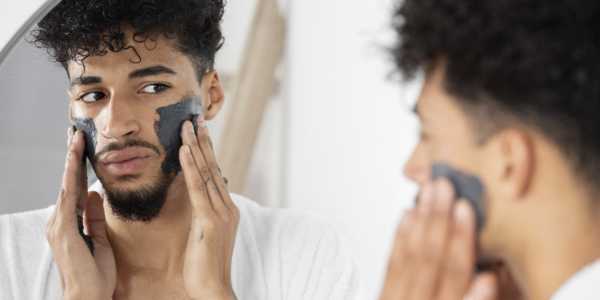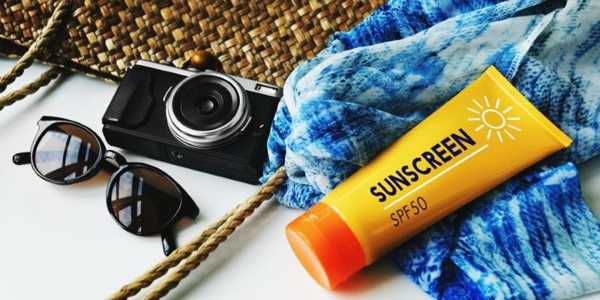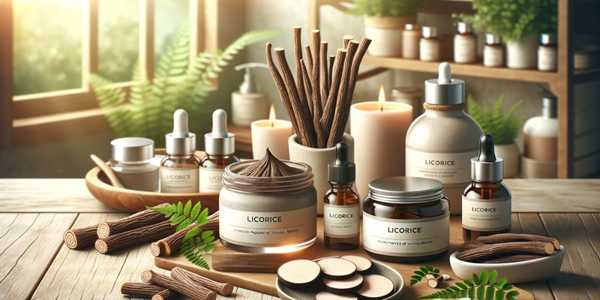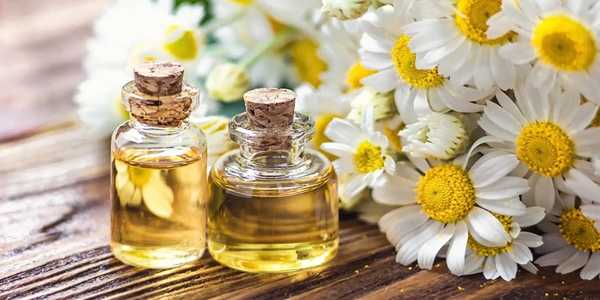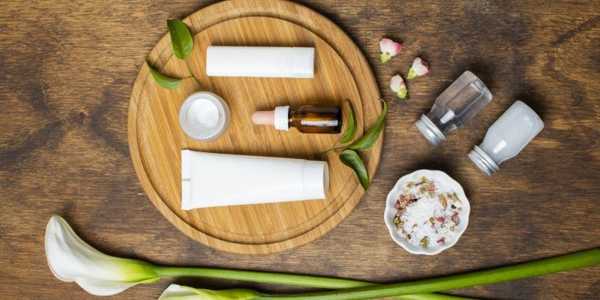5 Best Sunscreens for Acne-Prone Skin That Will Not Clog Pores
Finding a sunscreen for acne-prone skin can feel like a cruel joke. You know you need SPF to prevent sun damage, dark spots, and early wrinkles. Yet so many formulas trigger breakouts. Been there? Me too.
Here’s the good news: the U.S has plenty of options that protect without clogging pores. And yes, you can actually love wearing sunscreen daily.
Let’s dive in.
Why SPF (Sun Protein Factor) Matters?
Skipping sunscreen because of acne is like putting out one fire while starting another.UV rays worsen hyperpigmentation and slow healing. They can even inflame existing breakouts.
I’ve tried going without. The result? Dark spots that took months to fade, and a face that felt tight and angry. SPF is non-negotiable. The trick is picking the right kind.
What makes a sunscreen "acne-safe"? It’s not about magic, but rather ingredients and texture. Here's what to look for:
- Non-comedogenic labels – Means it’s tested not to clog pores.
- Oil-free or lightweight gel formulas – Your pores will thank you.
- Broad spectrum SPF 30 or higher – Always cover UVA and UVB.
One pro tip? The FDA-approved filters available in the U.S. are safe, but for an ultra-light option, consider Korean and Japanese imports on Amazon. Still, the U.S. now offers plenty of options.
My Honest Picks: Best Sunscreens for Acne-Prone Skin
After years of trial and error—and a few painful cystic breakouts—these are my top picks.
1. EltaMD UV Clear SPF 46
Dermatologists rave about it for a reason. It’s oil-free, fragrance-free, and contains niacinamide to soothe redness. I wear it under makeup without pilling. My breakouts? Zero. Available everywhere—Dermstore, Amazon, Ulta.
2. Supergoop! Unseen Sunscreen SPF 40
This invisible gel is completely weightless and also functions as a primer. I grab this on humid days in NYC: no white cast, no shine.

3. CeraVe Hydrating Mineral Sunscreen SPF 30
Drugstore hero. Creamy, with ceramides that repair the skin barrier. Although it requires some blending, its price of under $15 at Target or Walgreens makes it unbeatable for dry, acne-prone skin.
4. La Roche-Posay Anthelios Clear Skin SPF 60
Matte finish, ideal for oily skin. It absorbs excess oil while protecting you from the harsh Florida sun. I use this when I expect to sweat. No clogged pores so far.
5. Neutrogena Hydro Boost SPF 50
Gel-cream with hyaluronic acid. Feels like a splash of water on your face. Plus, it layers beautifully under foundation. Widely available—drugstores coast to coast.
My Experience: Does Sunscreen Make Acne Worse?
Short answer? Not if you choose correctly.I once avoided sunscreen for years, fearing breakouts—big mistake. Once I switched to oil-free mineral formulas, my skin cleared up dramatically.
I’ve tested dozens. The proper SPF feels weightless. And my dermatologist agrees: sunscreen is an acne-fighter’s secret weapon.

Things to Watch Before Buying
Before you click “add to cart,” pause for a moment. There are a few deal-breakers that can make or break your experience with sunscreen.
Check the ingredient list. It seems obvious, but it’s essential. Watch out for heavy oils like coconut or mineral oil if you tend to get breakouts. They can feel great on dry skin, but often clog pores. Instead, look for labels like “oil-free,” “non-comedogenic,” or “won’t clog pores.”
Fragrance can be sneaky. Even “unscented” products sometimes contain masking fragrances. If your skin becomes red or develops tiny bumps, check the label for essential oils. They aren't harmful to everyone, but sensitive, acne-prone skin often reacts negatively.
Pay attention to the finish. Matte? Dewy? Somewhere in between? A matte formula is excellent for oily skin, but can look chalky on dry cheeks. A hydrating gel might glow beautifully on winter skin, but slide off in humid Florida summers. Think about your lifestyle. Do you wear makeup daily? Sweat a lot? These tiny details matter.
Price doesn’t always reflect performance. You don’t need a $50 SPF to keep your skin protected. Some of my best finds have cost less than $20 at Target. But splurging is okay if the texture encourages you actually to use it. The best sunscreen is the one you’ll apply generously and reapply.
SPF numbers aren’t everything. SPF 30 blocks about 97% of UVB rays, while SPF 50 blocks about 98%. The difference is minimal. What really matters is how much and how often you apply. A too-thin layer of SPF 100 won’t be effective.
Remember your skin tone. Mineral sunscreens can leave a white cast, especially on darker skin tones. Look for tinted mineral formulas (like EltaMD Tinted UV Clear) or hybrid sunscreens tested on various skin shades.
Conclusion: Sunscreen as Self-Care
Here’s the truth: finding the right sunscreen for acne-prone skin isn’t just about preventing breakouts. It’s about protecting your future look. Sun damage appears years later as wrinkles, spots, and sagging. Daily Sun Protein Factor is the most affordable anti-aging treatment you’ll ever use.
Yes, there’s trial and error. Yes, your first choice might fail. That’s normal. But once you find your perfect match, sunscreen stops feeling like a chore. It becomes a small act of self-respect.
And honestly? That’s the bigger win. Clear skin is excellent. Healthy skin that still looks amazing in your 40s and 50s is even better.
Choose carefully. Test first. Reapply as needed. Your skin will thank you now, and your future self will thank you even more.
